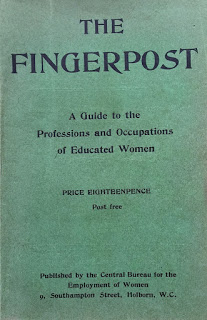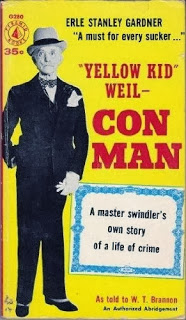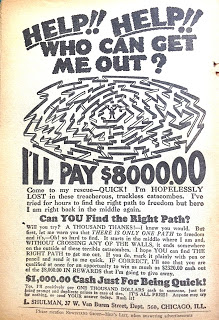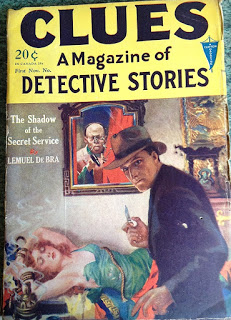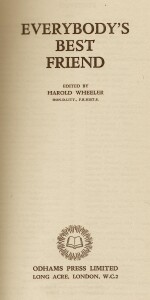 In a previous Jot posted a couple of years ago we discussed various domestic topics dealt with by one of those agony aunts or uncles ( in this case an uncle) of the thirties who reckoned himself pretty up to date regarding the problems besetting the average person on their journey from cradle to grave. Now we have found a more substantial guide (no date, but c 1940 and bound in that very ‘thirties material, Rexene) that seeks to offer over its 640 pages similar advice. It was called Everybody’s Best Friendand was edited by Harold Wheeler, Hon D.Litt. F. R. Hist.S, who was, it would seem, a respected historian, the author of popular biographies of Nelson and Wellington, among other works.
In a previous Jot posted a couple of years ago we discussed various domestic topics dealt with by one of those agony aunts or uncles ( in this case an uncle) of the thirties who reckoned himself pretty up to date regarding the problems besetting the average person on their journey from cradle to grave. Now we have found a more substantial guide (no date, but c 1940 and bound in that very ‘thirties material, Rexene) that seeks to offer over its 640 pages similar advice. It was called Everybody’s Best Friendand was edited by Harold Wheeler, Hon D.Litt. F. R. Hist.S, who was, it would seem, a respected historian, the author of popular biographies of Nelson and Wellington, among other works.
Unfortunately, Wheeler does not reveal who the various contributors to Everybody’s Best Friend are, except in the final and most fascinating section, which is entitled ‘ Pitfalls for the Unwary ‘. We are told that this was ‘compiled ‘( rather than edited ) by Major-General Sir Wyndham Childs, a distinguished war hero who became ‘Director of the Investigation Department’ of the popular magazine John Bull. This role suggests that Childs was a sort of investigative journalist, and though, as we shall see, some corporate frauds were exposed by him, most of the scams revealed by Childs and his team, were small scale domestic ‘ramps‘ visited by doorstep pests on naïve housewives.
Many of the ‘ shady characters ‘ were salesmen offering trashy ‘free gifts’, worthless ‘ bargains ‘, cruel hire-purchase schemes and other scams that are still being perpetrated today. ‘.Childs also includes examples of individuals who gained access to homes by posing as ‘ officials ‘, such as sanitary inspectors, in order to filch objects while the householder is elsewhere in the building. Then there was the ‘bogus gardener ‘familiar to householders today who offers to dig your garden (or perhaps in the modern day version of the scam, to lay tarmac or fix your roof ) but who demands money before the job is completed. In Childs’ example some ‘gardeners ‘ asked for money to buy rose trees that were going cheap, but on receiving the cash sped off never to be seen again. Continue reading

